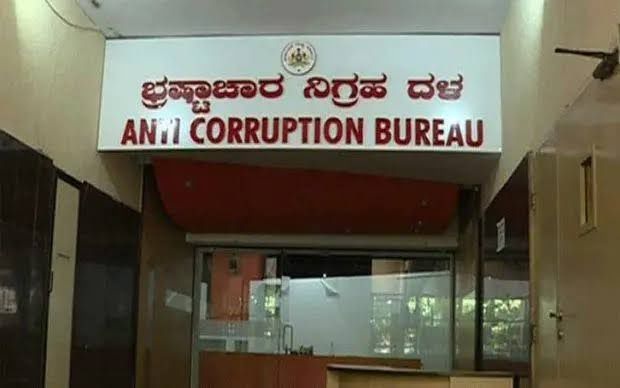
Paper tiger sans teeth: Why Karnataka HC abolished ACB, batted for Lokayukta
The High Court said the Karnataka Lokayukta was a model for the country as it had made a chief minister and a minister resign and sent them to prison in 2011

The Karnataka High Court on Thursday (August 11) abolished the Anti-Corruption Bureau (ACB) formed by the state government in 2016, and shifted the cases pending before the ACB to the Lokayukta.
The judgment of the Division Bench of Justice B Veerappa and Justice KS Hemalekha came on petitions filed by advocate Chidananda Urs, Advocates’ Association of Bangalore and Samaj Parivartana Samudaya. They had challenged the ACB’s formation and withdrawal of powers of the Lokayukta police from registering and investigating into cases under the Prevention of Corruption Act through executive order notifications dated March 14, 2016, and March 19, 2016.
Quashing both the notifications, the court said that the state government was not justified in constituting the ACB by an executive order.
The state government argued that it had powers under Article 162 of the Constitution to form the ACB, and this was not in conflict with the provisions of the Karnataka Lokayukta.
Also read: Karnataka HC judge seeks documents on ACB probe; ADGP moves court
The court observed that the ACB had been formed as a parallel body by the political executive to shield corrupt politicians, ministers and officers from the Lokayukta, which was headed by a retired judge of higher judiciary.
“If the government really intends to curb corruption, favouritism and official indiscipline, ACB should have been allowed to work under the Lokayukta, instead of the Chief Minister, as stated in the executive order. Therefore, there is more scope in the executive order for political influence and the chief minister in power can misuse the ACB to control his opponents within his party or the opposite parties,” it said.
“The conditions of the executive order in question clearly depicts that there is a possibility to favour the party in power or the party men,” it observed.
Paper tiger without claws
In order to protect corrupt public servants from prosecution, the state government was weakening the Lokayukta and indirectly made Lokayukta and Upa Lokayuktas “paper tigers without any teeth and claws”, it said.
The court also noted that the Karnataka Lokayukta was a model for the country as it had made a chief minister and a minister resign and sent them to prison in 2011. It had also made a Lokayukta resign over his son’s involvement in corruption. This was possible because of the Karnataka Lokayukta Act and Prevention of Corruption (PC) Act.
It observed that the ACB had not registered any criminal cases against ministers, MPs, MLAs and MLCs but only registered some against the authorities.
“All the enquiries, investigations, and other disciplinary proceedings pending before the ACB will get transferred to the Lokayukta police,” the bench said. The staff and personnel of the ACB would also be absorbed in the Lokayukta.


